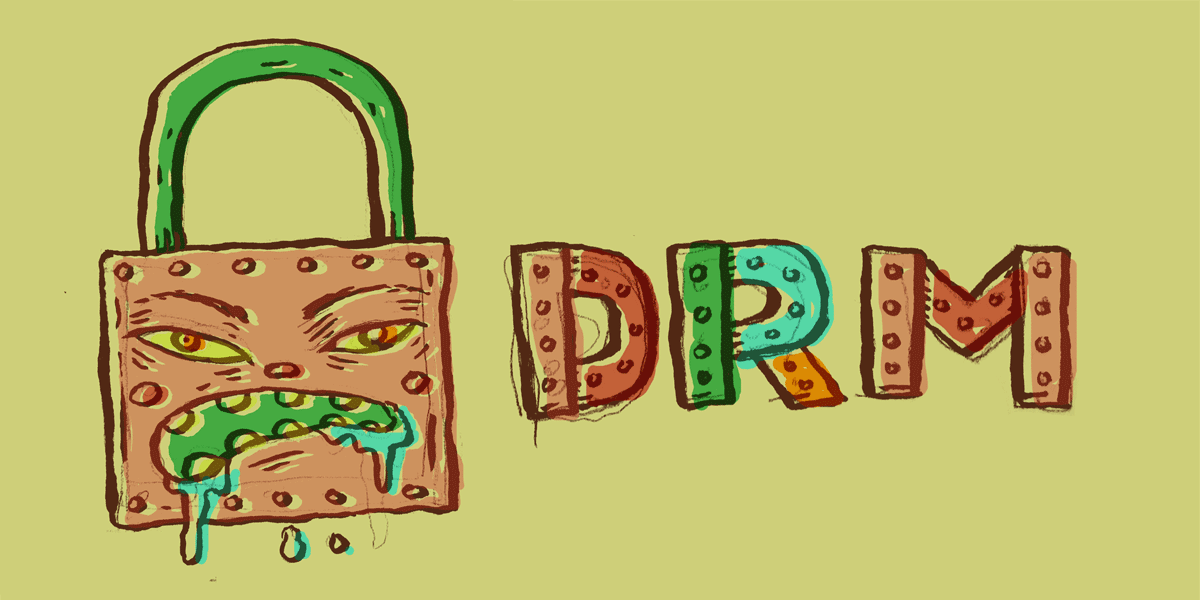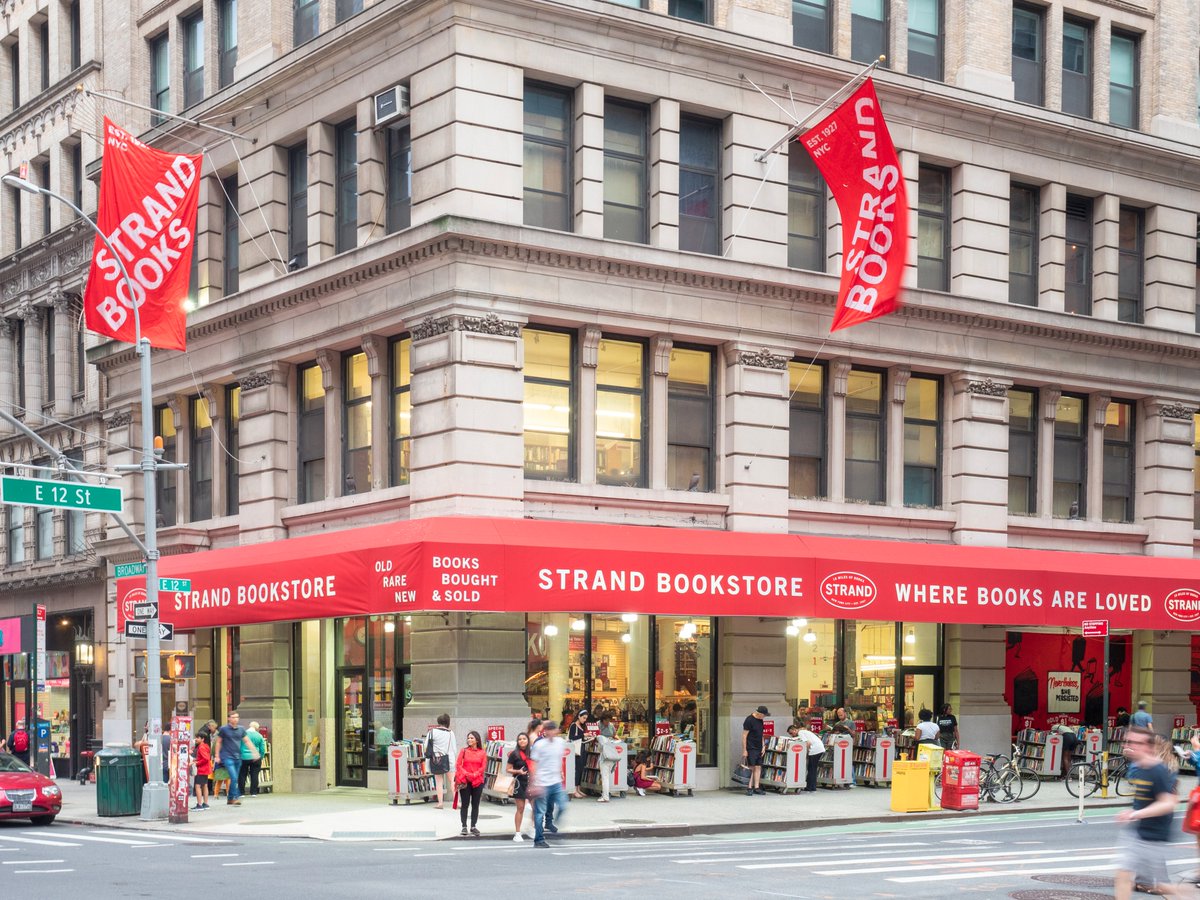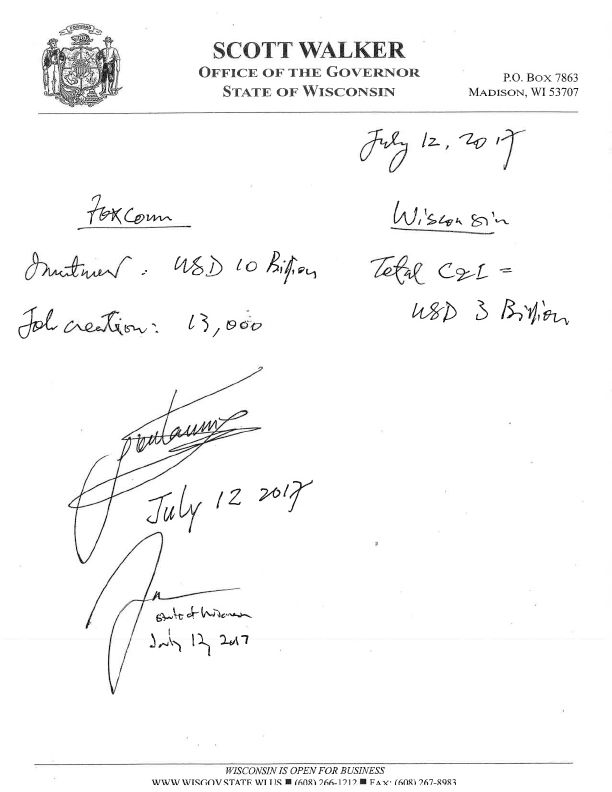
Wisconsin's judges work with the state university system to produce standard "jury instructions" that are key to how the state's juries interpret the law when they deliberate. Judges then adapt these for each trial based on the facts of the case.
1/
1/

Jury instructions are produced at public expense, by public employees, including members of the judiciary in the course of their normal duties. By any reasonable standard, these should free and in the public domain.
2/
2/
A bedrock of law - dating to the Magna Carta - is that it must be public to be the law.
But neither the standard instructions nor the case-based versions are available to the public. They are sold for $500 a pop, festooned with copyright notices and dire warnings.
3/
But neither the standard instructions nor the case-based versions are available to the public. They are sold for $500 a pop, festooned with copyright notices and dire warnings.
3/
This is red meat for rogue archivist @carlmalamud, who has made a career out of publishing copyrighted laws, including a recent victory at the Supreme Court over whether the state of Georgia's copyright claims over its laws were valid.
abajournal.com/news/article/i…
4/
abajournal.com/news/article/i…
4/
After being contacted by a WI lawyer - who pointed out that law firms were relying on out-of-date versions of jury instructions because staying current costs $500/yr - Malamud wrote to the judges and the law profs behind the jury instructions.
law.resource.org/pub/us/cfr/reg…
5/
law.resource.org/pub/us/cfr/reg…
5/
Malamud put them on notice that they should be publishing this vital part of the state's law, and that if they didn't, he would. The judges never wrote back, and the law profs turned it the matter over to their university's counsel.
6/
6/
After some delays, the university's lawyer wrote back to Malamud and told him that they were getting out of the business of copyrighting the law, and the WI judicial conference would be making these public by February.
law.resource.org/pub/us/cfr/reg…
7/
law.resource.org/pub/us/cfr/reg…
7/
The letter claims they're doing this because it's right, but adds Wisconsin is within its rights to continue to claim copyright over the law.
To understand why this is a terrible and wrong idea, check out Public Resource's excellent explainer video:
8/
To understand why this is a terrible and wrong idea, check out Public Resource's excellent explainer video:
8/
The video features @EFF legal director @cmcsherr, who has represented Malamud on many occasions. Her explanation (about 25 mins in) is an excellent, <10m primer on the need for the law to be public.
eof/
eof/
• • •
Missing some Tweet in this thread? You can try to
force a refresh













